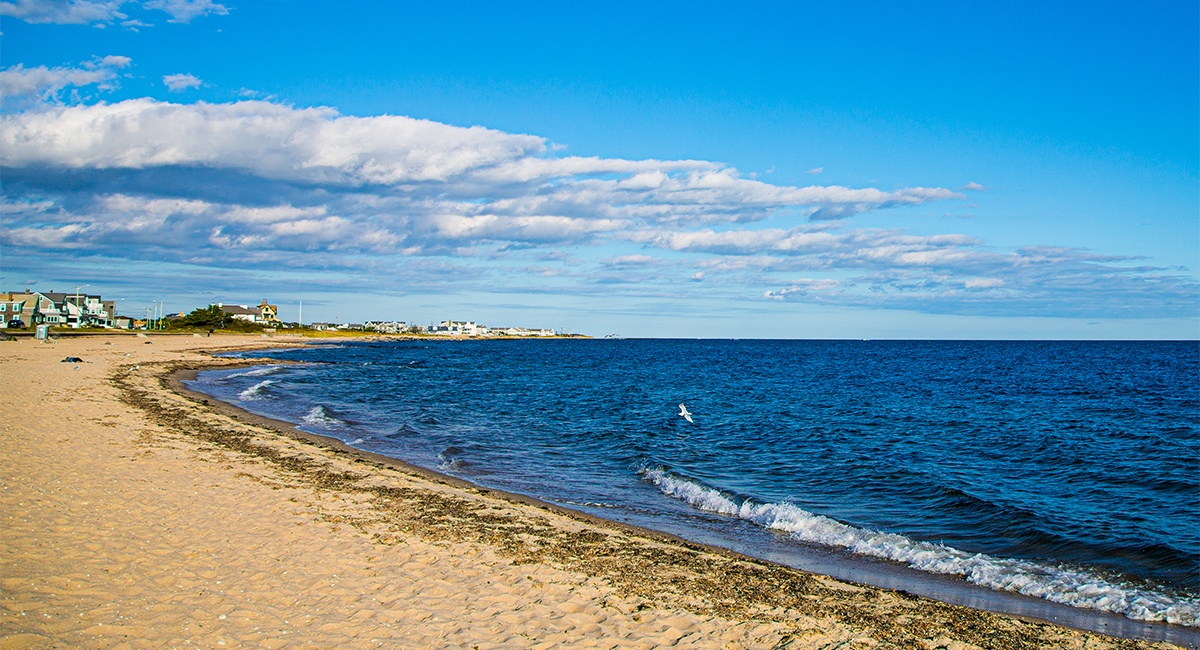Reasons for Massachusetts Beach Closures

Massachusetts beaches closed – Beach closures in Massachusetts can occur for various reasons, primarily related to environmental factors and public safety concerns. Understanding these reasons helps ensure beachgoers’ safety and allows for timely responses to potential hazards.
One common reason for beach closures is water quality issues. High levels of bacteria, such as E. coli, can contaminate the water, posing a health risk to swimmers. These bacteria can originate from sewage overflows, stormwater runoff, or animal waste, and their presence triggers beach closures to prevent potential illnesses.
The relentless waves of the Massachusetts coastline have been silenced, their sandy shores now desolate as the beaches remain closed. Amidst this stillness, a different kind of unease stirs within us. The insidious flirtations of COVID-19 linger, leaving behind a trail of subtle symptoms that can be easily dismissed as harmless.
Learn to recognize these COVID-19 flirt symptoms and protect yourself, for the tranquility of our beaches will only return when the virus is silenced.
Weather Conditions
Inclement weather can also lead to beach closures. Strong winds, high waves, and thunderstorms can create dangerous conditions for swimming and other beach activities. Lifeguards may close beaches during such events to ensure public safety and prevent drownings or other accidents.
Environmental Factors
Environmental factors, such as harmful algal blooms (HABs), can also necessitate beach closures. HABs are caused by a proliferation of microscopic algae that produce toxins harmful to humans and marine life. These blooms can discolor the water, create unpleasant odors, and cause skin irritation or respiratory problems. Beaches are closed to prevent exposure to these toxins.
The salty breeze carried the news that the Massachusetts beaches had closed for the season, a reminder that summer’s end was near. As the waves whispered their farewell, I couldn’t help but think of the vibrant hues of Saks Fifth Avenue ‘s fall collection, a kaleidoscope of colors that would brighten the dreary days ahead.
Yet, as I turned my gaze back to the ocean, I knew that the memories of lazy beach days would linger long after the summer sun had set.
Impacts of Massachusetts Beach Closures: Massachusetts Beaches Closed
The closure of Massachusetts beaches has had significant negative impacts on local businesses, tourism, recreational activities, and public health.
Beach closures have a devastating impact on local businesses that rely on beachgoers for their livelihood. These businesses include restaurants, hotels, shops, and rental companies. The loss of revenue from beachgoers can lead to job losses and business closures.
Tourism is also a major industry in Massachusetts, and beach closures can have a significant impact on the state’s economy. Tourists who come to Massachusetts to enjoy the beaches may choose to go elsewhere if the beaches are closed. This can lead to a loss of revenue for the state and local businesses.
Beach closures also affect recreational activities and public health. Beaches are a popular place for people to swim, sunbathe, and relax. Closures can prevent people from enjoying these activities and can also lead to health problems, such as heat-related illnesses.
Extended beach closures can have a significant economic impact on Massachusetts. The loss of revenue from tourism and local businesses can lead to job losses and a decline in the state’s economy.
Impacts on Local Businesses and Tourism
- Loss of revenue for businesses that rely on beachgoers
- Job losses and business closures
- Decline in tourism revenue
Impacts on Recreational Activities and Public Health, Massachusetts beaches closed
- Prevention of swimming, sunbathing, and relaxation
- Increased risk of heat-related illnesses
Potential Economic Consequences of Extended Closures
- Job losses
- Decline in state economy
Prevention and Mitigation Strategies

To effectively prevent beach closures and safeguard public health, Massachusetts must adopt a comprehensive approach that includes proactive measures, enhanced monitoring, and public education.
Water quality monitoring is crucial for detecting and addressing potential sources of contamination. Regular testing can identify bacteria, pathogens, and other pollutants that pose a risk to beachgoers. This information can then be used to pinpoint the sources of pollution and implement targeted mitigation measures.
Pollution Control Measures
Effective pollution control measures are essential for preventing beach closures. These measures can include:
- Upgrading wastewater treatment facilities to reduce the discharge of harmful pollutants into waterways.
- Implementing stormwater management practices to minimize runoff from impervious surfaces, which can carry pollutants into coastal waters.
- Controlling agricultural runoff, which can introduce nutrients and bacteria into waterways.
- Enacting and enforcing regulations to prohibit illegal dumping and littering.
Public Education and Awareness Campaigns
Public education and awareness campaigns play a vital role in preventing beach closures. By educating the public about the sources and consequences of beach pollution, individuals can take steps to reduce their impact on coastal waters.
- Campaigns can focus on promoting responsible pet ownership, proper waste disposal, and the importance of protecting coastal ecosystems.
- Educational materials can be distributed through schools, community centers, and online platforms.
Examples of Successful Initiatives
Several successful initiatives have been implemented in Massachusetts to reduce beach closures:
- The Massachusetts Estuaries Project has partnered with local communities to implement pollution control measures and improve water quality in coastal areas.
- The Save the Harbor/Save the Bay organization has launched public education campaigns to raise awareness about the importance of protecting Boston Harbor and other coastal waters.
- The Massachusetts Department of Environmental Protection has implemented a beach monitoring program that provides real-time water quality data to the public.